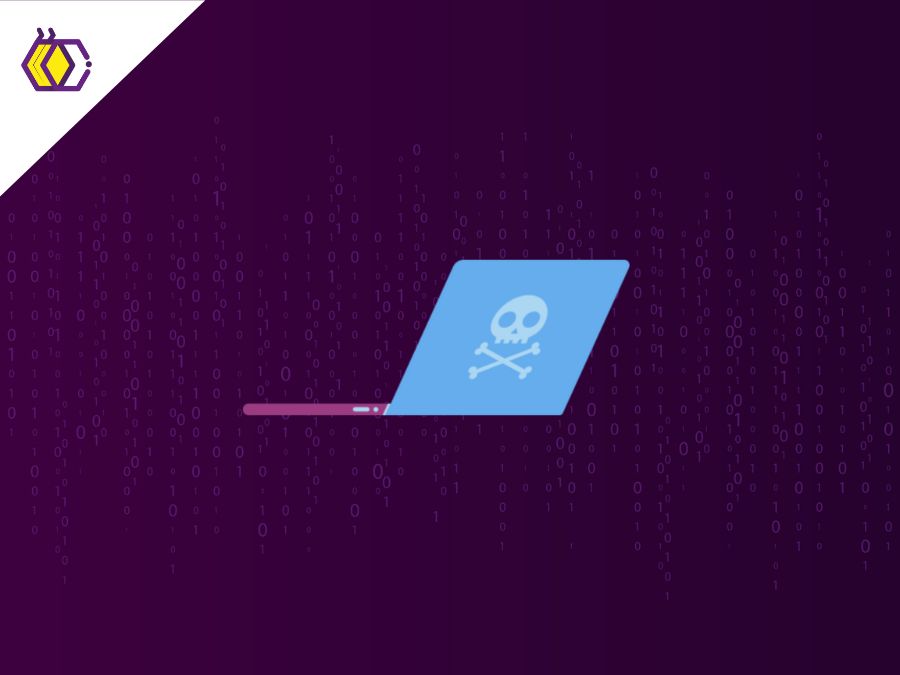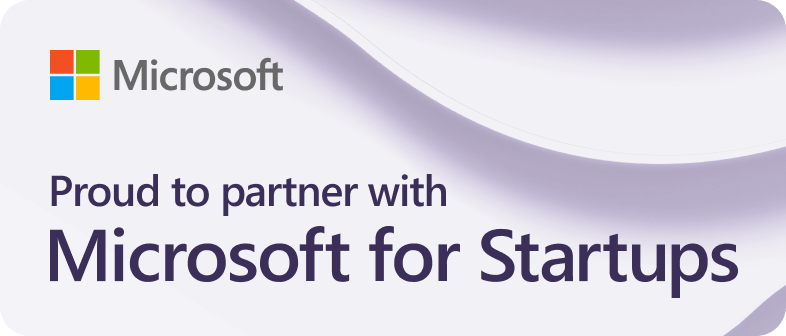
Five Top Programming Languages
(9 minutes of reading) If there is something constant in the world of technology, it is the accelerated evolution of programming languages. In a scenario where innovation is the watchword, it is crucial to pay attention to the languages that are shaping the future of software development. In this article, we'll explore the five most important programming languages today, considering their global impact, versatility, and the fascinating ecosystem of opportunities they offer. PYTHON: THE MULTIFUNCTIONAL FORCE Python is the language that has won hearts due to its readability and versatility, it is at the top of the most popular language now. Whether in web development, data analysis, automation, artificial intelligence or machine learning, Python is the clear choice for developers. Here we give some examples why Python is at the top of our list. 1- Code Readability: Python is known for its clear and readable syntax, which makes the code easier to read and understand. This makes the language friendly to developers of different experience levels. 2- Active Community: Python has an active and engaged global community. This results in an abundance of resources, libraries, and frameworks, making it easier for developers to find support and solutions for their projects. 3- Versatility: Python is a versatile language that can be used in a wide range of applications. Whether it's web development (with frameworks like Django and Flask), data analysis (with libraries like Pandas and NumPy), task automation, artificial intelligence (using libraries like TensorFlow and PyTorch), or machine learning, Python offers powerful tools. 4- Learning and Teaching: Python is often recommended for programming beginners due to its simple and readable syntax. This makes it easier to learn the fundamentals of programming without overwhelming new developers with complex details. 5- Integration and Interoperability: Python is known for being easily integrated with other programming languages. This interoperability capability is crucial in many software development scenarios. 6- Corporate and Commercial Support: Many companies, including technology giants, have adopted Python in their projects. This ensures ongoing support and contributes to the long-term sustainability of the language. 7- Agile Development: Python is often associated with agile development approaches. Its concise syntax and wide range of available tools allow developers to quickly create and iterate on projects. JAVASCRIPT: THE MASTER OF WEB DEVELOPMENT If there is one language that remains at the epicenter of the web revolution, it is JavaScript. Widely adopted for creating interactive experiences in browsers, the rise of Node.js also brought JavaScript to the server-side, cementing its position as a pillar in web development modern. Here are some reasons why JS is so adopted among devs. 1- Front-end development: JavaScript is the main language for client-side programming, allowing the creation of interactive and dynamic web pages. It is essential for manipulating a page's content, responding to user events, and creating modern user interfaces. 2- Ecosystem of Libraries and Frameworks: The JavaScript ecosystem is rich in powerful libraries and frameworks, such as React, Angular and Vue.js, which simplify front- end development and provide a robust structure for building complex interfaces. 3- Node.js and Front-end Development: With the introduction of Node.js, JavaScript expanded its reach to the server-side. This allowed developers to use JavaScript to develop complete web applications, unifying the language across the entire development stack. 4- APIs and Asynchronous Communication: JavaScript is especially effective in asynchronous operations, making it ideal for handling API calls and event processing without blocking code execution. This contributes to building fast and responsive applications. 5- Browser Support: All major browsers support JavaScript, making it a universal choice for web development. Developers can be confident that their JavaScript code will work across a wide range of platforms. 6- Active Community and Constant Updates: The JavaScript community is vast and active. New updates and features are regularly added to the language, keeping it relevant and adapted to the growing demands of web development. 7- Execution Power on the Client: JS allows code execution directly in the user's browser, reducing the load on the server and providing a more fluid and responsive experience for the end user. JAVA: THE JOURNEY OF PORTABILITY Java continues to be a solid choice in 2023, maintaining its reputation for portability and scalability. Used in enterprise applications, servers and Android mobile devices, the Java virtual machine (JVM) provides a robust and reliable environment for development. Here's a list of why Java remains a solid language to this day. 1- Portability: One of the distinguishing features of Java is its ability to run on multiple platforms without the need for recompilation. This is possible thanks to the Java virtual machine (JVM), which provides an abstraction layer between Java code and the operating system, ensuring portability. 2- Scalability: Java is known for its ability to scale to large proportions. This scalability is crucial in business applications, where the system may have to deal with many simultaneous users and process significant volumes of data. 3- Active Community: The Java community is extensive and active. This results in a vibrant ecosystem, with libraries, frameworks, and tools constantly updated and improved. The community also offers valuable support through forums, tutorials, and documentation. 4- Business Applications: Java is often chosen for developing business applications due to its reliability, performance, and security. Companies from different sectors use Java to build robust and scalable systems. 5- Servers and Back-end: Java is widely used in server development, especially in corporate environments. Frameworks like Spring provide a solid foundation for developing enterprise applications and web services. 6- Android Development: Java is the main language for developing Android applications. Although Kotlin ( https://beecrowd.io/blog/kotlin-2/ ) has recently gained popularity for this purpose, many developers and companies continue to use Java to create robust Android applications. 7- Security and Reliability: Java has a reputation for being a secure and reliable language. This is crucial for applications that deal with sensitive data, such as in financial and healthcare sectors. 8- Development Tools: Java has a comprehensive set of development tools such as Eclipse, IntelliJ IDEA and NetBeans that make the process of coding, debugging, and testing more efficient. C#: THE SOUL OF MICROSOFT ECOLOGY Developers immersed in the Microsoft ecosystem recognize the importance of C#. This language, associated with the .NET framework, offers a powerful combination of performance and integration with Microsoft technologies, making it a strategic choice for developing Windows applications and beyond. Below is a list of the main features of C#. 1- Integration with the Microsoft Ecosystem: C# was developed by Microsoft and is optimized to work perfectly with the company's technologies and platforms. This includes tight integration with the Windows operating system, SQL Server, and other Microsoft tools and services. 2- .NET Framework: C# is the main language used in the .NET framework, which offers a robust and comprehensive infrastructure for application development. .NET provides reusable libraries and components, facilitating efficient development and maintenance of code. 3- Windows Application Development: C# is often chosen for developing native Windows applications. Combining C# with Windows Presentation Foundation (WPF) graphics technologies allows you to create rich, interactive user interfaces. 4- Performance: C# is a compiled language, which generally results in efficient performance. Additionally, Microsoft continues to improve the performance of the .NET runtime, ensuring that applications developed in C# can run quickly and efficiently. 5- Web Development with ASP.NET: C# is widely used in web development through the ASP.NET framework. It allows the creation of scalable and secure web applications, using the MVC (Model- View - Controller) model to organize the code in a modular way. 6- Cross-platform with .NET Core: The introduction of .NET Core expanded the presence of C# to cross-platform environments, including Linux and macOS. This provides more flexibility for developers who want to create applications that are not restricted to the Windows ecosystem. 7- Support for Object-Oriented Programming: C# is a strongly object-oriented language, which facilitates the modeling of complex problems in a clear and structured way. This makes for a more modular and reusable code design. 8- Community and Development Tools: C# has an active and vibrant community, with a variety of development tools, such as Visual Studio, that offer comprehensive support for C# development. Additionally, Microsoft continues to invest in improvements and updates to the .NET language and ecosystem. RUST: THE POWER OF SAFETY AND PERFORMANCE For those looking for uncompromising performance and an extreme emphasis on security, Rust is the language of the moment. Designed to avoid common programming errors, Rust is an attractive choice for low-level systems, providing performance comparable to languages like C and C++. Below is a list of Rust 's main features. 1- Security without Garbage Collection: Rust is a language that offers a high level of security without relying on a garbage collector. It uses a unique ownership system , which allows the compiler to perform static code analysis to avoid common errors, such as null references and memory leaks . 2- Performance Comparable to C and C++: Rust was designed to offer performance close to that of traditional system languages, such as C and C++, allowing for efficient, low-level software development. The absence of a garbage collector and the ability to fine-tune hardware resources contribute to this performance. 3- Ownership Approach: The ownership system in Rust allows you to allocate and deallocate memory safely, avoiding common problems found in languages that depend on garbage collection. This approach contributes to the prevention of memory leaks and unauthorized access. 4- Strongly Static Type System: Rust has a strong, static type system, which means that many errors can be forewarned by the compiler before the program is even executed. This reduces the chance of bugs and improves code robustness. 5- Safe Competition: Rust facilitates the development of concurrent code in a safe way. The ownership system helps to avoid common concurrency-related problems, such as data races, in which multiple threads access and modify shared data simultaneously. 6- Growing Ecosystem: The community around Rust is growing, and the ecosystem of libraries and frameworks is becoming more robust. This makes it easier to develop a variety of projects without compromising security and performance principles. 7- Language with a Focus on Usability: Rust also strives to be a usable language, with a modern and expressive syntax. Although there may be an initial learning period due to its unique features, many developers find the language powerful and efficient once they become familiar with it. In this dynamic landscape, it is crucial to remember that there is no single solution for all problems. Choosing the right language should be guided by understanding the specific needs of the project and the ability to adapt to new technologies. Regardless of your preferred language, the important thing is to embrace change, try new tools and remain agile in an ever-changing technological environment. May your coding journey be stimulating and full of discoveries!
Share this article on your social networks:
Rate this article:
Other articles you might be interested in reading
- All (185)
- Career (38)
- Competitions (6)
- Design (7)
- Development (112)
- Diversity and Inclusion (3)
- Events (3)
- History (15)
- Industries (6)
- Innovation (38)
- Leadership (8)
- Projects (23)
- Well being (18)

Cloud Computing and Digital Transformation and Social Impact
(5 minutes of reading)
In recent years, we have witnessed a quiet revolution that is fundamentally reshaping the way we live and work. At the center of this transformation is cloud computing, a technological innovation that transcends physical limits and opens up new horizons of possibilities. This text will talk about this subject that is transforming the IT area. Come read!...

Tech in Education
(9 minutes of reading)
In the contemporary educational landscape, technology plays an increasingly crucial role, revolutionizing not only the way students learn, but also how educators teach. As we adapt to a digitally connected world, new trends are emerging that promise to further transform the way education is designed and delivered. Come read this text to learn about the latest trends in educational technology and explore their impact on student development and the evolution of teaching. Come with us!...

Ethical Software Development
(5 minutes of reading)
Developing software is a complex activity that goes far beyond simple coding. It involves a meticulous process of planning, design, implementation, testing and maintenance to create reliable, efficient, and secure systems. However, in addition to seeking functionality and performance, developers must also carefully consider the ethical aspects of the software they are creating. In this text we will talk about ethics and responsibility when developing software. Come read!...

Balance Between Professional and Personal Growth
(6 minutes of reading)
In a world driven by the constant search for professional success, we often find ourselves immersed in our careers, forgetting the fundamental balance between professional and personal growth. As we dedicate hours to coding, solving problems, and advancing our technical skills, it's essential to remember that our journey as human beings go beyond the lines of code. Come read our text and see super cool tips on how to achieve this balance!...

How to Highlight Programming Competition Awards on your CV
(6 minutes of reading)
In a field as dynamic as software development, it is crucial to stand out from the crowd. An exceptional way to do this is through recognition and awards won in competitive programming competitions. In addition to demonstrating your superior technical skills, these awards attest to your ability to solve complex problems, collaborate as a team, and deliver exceptional results under pressure. Today we will talk about the curriculum and competitions, are you interested? Come with us!...

Open Source and Collaboration
(5 minutes of reading)
If you're ready to start exploring the world of open source, be aware that you will encounter many learning opportunities and challenges. Collaboration is at the heart of this environment, driving innovation and influencing the direction of technology. Come read our text to find out more about this subject!...

 Innovation
Innovation 

